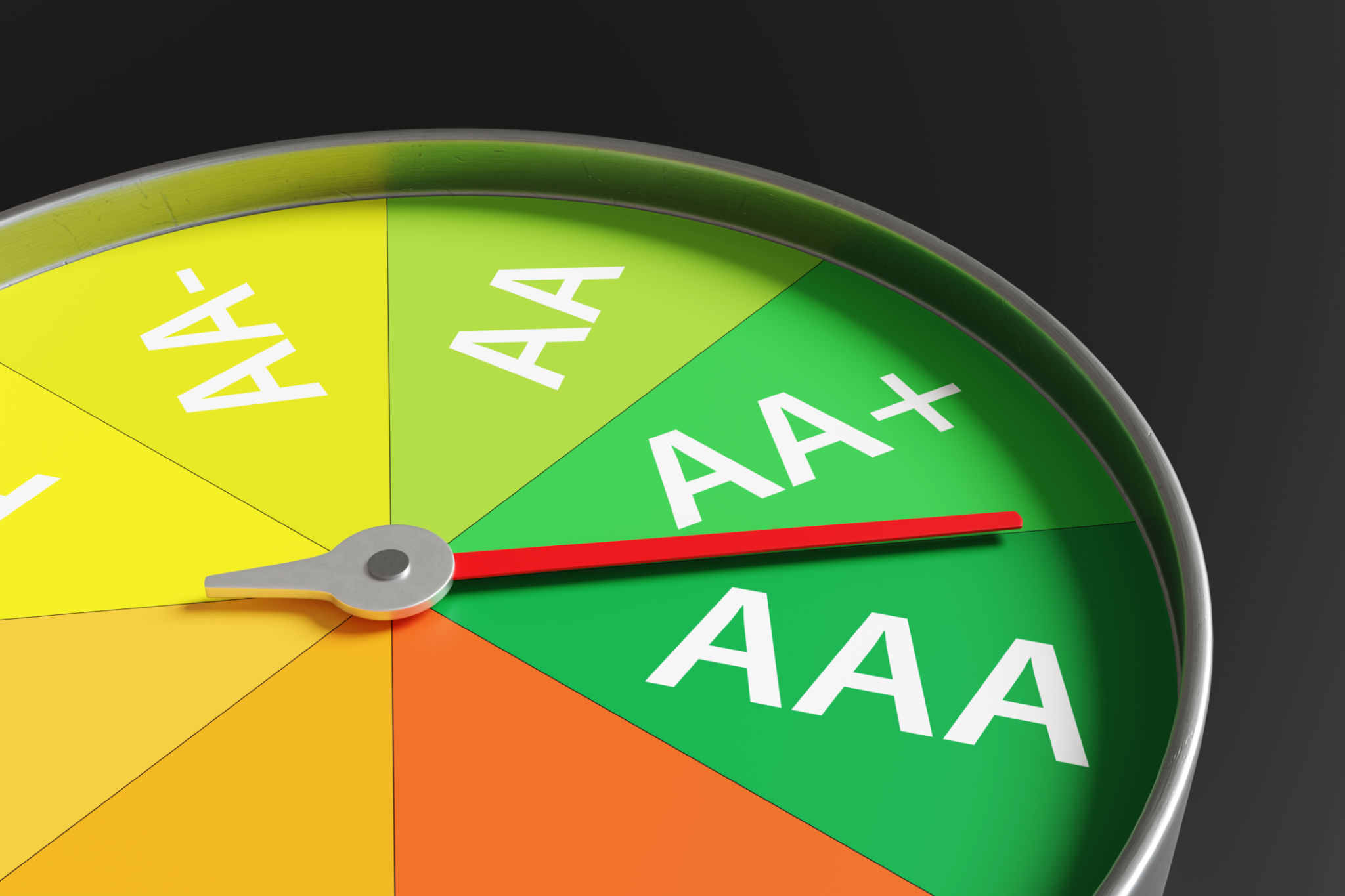Secured Party Creditor: A Comprehensive Explanation
Understanding the Concept of a Secured Party Creditor
A Secured Party Creditor is a term often used in the realm of finance and law, referring to an individual or entity that holds a security interest in the personal property of a debtor. This security interest serves as collateral for a debt or obligation, ensuring that the creditor has a claim on the debtor's assets if they fail to meet their financial commitments. Understanding the role and rights of a Secured Party Creditor is essential for both creditors and debtors to navigate financial agreements effectively.
The main function of a Secured Party Creditor is to provide a layer of protection against default. By holding a security interest, creditors can mitigate risks associated with lending money or extending credit. This position not only strengthens the creditor's ability to recover funds but also influences the terms and conditions of the credit agreement.

How to Become a Secured Party Creditor
Becoming a Secured Party Creditor involves several key steps. Initially, a security agreement must be established between the creditor and the debtor. This contract outlines the obligations of both parties and specifies the collateral involved. Once the agreement is in place, it is crucial to perfect the security interest, which typically requires filing a financing statement with the appropriate governmental body. This step ensures that the creditor's claim is legally recognized and prioritized over other claims.
Moreover, understanding the legal framework governing secured transactions is vital. The Uniform Commercial Code (UCC) in the United States, for example, provides comprehensive guidelines on how these transactions should be conducted. Familiarity with such regulations enables creditors to protect their interests effectively while complying with legal standards.
Benefits of Being a Secured Party Creditor
There are numerous benefits to becoming a Secured Party Creditor. Firstly, it offers greater assurance of debt recovery, as secured creditors are often given priority over unsecured creditors in insolvency proceedings. This priority status significantly enhances the likelihood of recouping owed amounts in cases of debtor default or bankruptcy.

Additionally, secured creditors may enjoy more favorable terms in negotiations. The presence of collateral typically allows them to impose stricter terms or demand higher interest rates, reflecting the reduced risk associated with the loan. This can lead to improved financial outcomes for creditors while providing debtors with access to necessary funds.
Risks and Considerations
Despite its advantages, being a Secured Party Creditor is not without risks. One major consideration is the potential depreciation of collateral value over time, which can affect the creditor's ability to recover the full amount owed. Therefore, regular assessments of collateral value are essential to ensure ongoing protection.
Furthermore, legal and administrative costs associated with filing and maintaining security interests can be substantial. Creditors must weigh these costs against the benefits of securing their interests to determine the viability of pursuing this status.

Conclusion
In conclusion, understanding the role and importance of a Secured Party Creditor is crucial for both lenders and borrowers involved in secured transactions. By effectively managing security interests and navigating legal requirements, parties can create robust financial arrangements that safeguard their assets and interests. Both potential and existing creditors should consider the implications and opportunities presented by this status to optimize their financial strategies.
